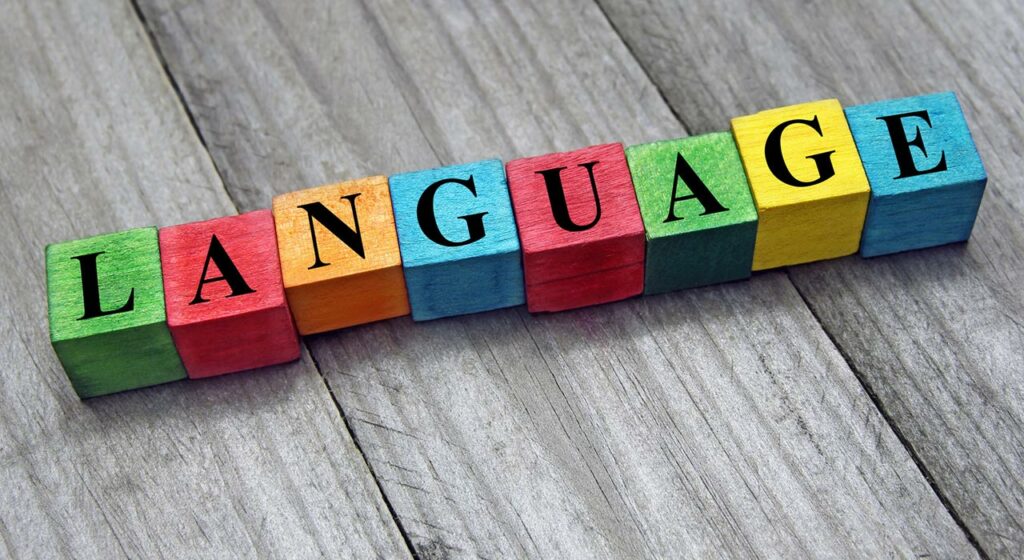Is Text Language Really Any Less Professional?
Societally, we seem to have an understanding that the way people speak is of the utmost importance.
We ascribe professionalism, dignity, and prestige to people who speak in “proper” English. We imagine that this is what everyone would do if they only knew how, and as such, assume that anyone who doesn’t speak or write this way is doing so out of ignorance.
On the flip side, we imagine that the way people text one another on their cell phones is less dignified. The use of abbreviations, the lack of punctuation, and the many other unique grammatical errors made over text are often looked down upon.
But is this really justified? Is there really any good reason to think that text language is any less deserving of our attention and respect?
English has Always Been Evolving
One of the biggest reasons to doubt the legitimacy of a critique of text language is that English has already changed tremendously over the years.
Those who look down on text language typically do so because it doesn’t follow the traditional rules of proper speech. They dislike the idea of writing without periods or commas, of using new abbreviations and terms, and of generally doing things differently.
But this is already what we’re doing, even with “proper” English.
If you were to go back to the 1500s and read the way the people wrote back then, it would be very foreign. There would be radically different spelling, different terms, and in many cases, even different uses of punctuation.
These things evolve over time. Words get added to the official dictionary not because they are metaphysically proper, but because people begin using them enough to necessitate a proper definition.
In other words, the rules that govern language follow the use of language, not the other way around.
The Point of Writing and Speaking is Communication
This brings us to the next point. Talking and writing are fundamentally there to serve one purpose: communication.
The entire point of language is to get our ideas across to one another. That can be done in a number of different ways.
Context is an incredibly important part of effective communication. For instance, if someone asks how you’re doing and you answer “fine”, the tone of voice and your body posture are going to dramatically impact what that means, even if the word is the same in both instances.
Grammar and rules around terminology exist to provide a framework that helps us express our thoughts and feelings.
But with texting and online communications, this context is very different. There is no body language or tone to manipulate.
As such, younger generations who have grown up with these mediums of communication have simply leveraged the platforms to communicate effectively in new ways.
They aren’t degrading the language. They’re doing exactly what language was meant to do.
Conclusion
Language relies on evolution and context far more than on eternal rules. Whether speaking in person, business blogging, or texting a friend, it’s always important to consider the unwritten or unspoken elements of communication before judging what is right and wrong.
Also Read: Communicating Tech to Non-Tech Minds


One thought on “Is Text Language Really Any Less Professional?”